Episode
86
Sleep hygiene for better health
Mathias Basner: University of Pennsylvania
The cumulative effects of chronic sleep deprivation could be shortening our lives. There is evidence that potentially killer diseases are more likely to occur if we get too little sleep over a prolonged period. One reason why we may not be getting enough shut-eye is excessive noise. Mathias Basner is Associate Professor of Sleep and Chronobiology in Psychiatry at the University of Pennsylvania Perelman School of Medicine and President of the International Commission of Biological Effects of Noise. For the past two decades he has been studying the effects of noise on sleep. It could be the sound of airplanes overhead, the rattling of a heating system or noisy air conditioning that keeps us awake, but research suggests there is a significant connection between noise, sleep, and recuperation. In this LLAMA podcast interview, recorded at TEDMED 2018, Dr Basner explains the basis for his research and the lifestyle lessons he’s learned through the study of environmental stresses and society’s big problem of sleep deprivation.
Published on: 19 Dec 2018 @ 18:15 PT
NOTES AND QUOTES
Connect with Dr. Basner: Website: University of Pennsylvania School of Medicine Division of Sleep and Chronobiology, Department of Psychiatry
This is the first in a new series of conversations recorded at TEDMED
In this interview we learn about:
- Why we sleep.
- The work of a sleep researcher and the effect of a lack of sleep on our health and vitality.
- What is our circadian pacemaker?
- Why sleep is no longer considered to be a passive mechanism.
- Brain plasticity and how is it related to sleep.
- What happens to the information we gather during the day when we sleep?
- What happens when human habituate to environmental stresses, like extraneous noise.
- Why society is chronically sleep deprived.
“We have a link between noise exposure and an increased risk for cardiovascular disease.”
- The role of caffein in the deep deprivation vicious circle.
- How to eliminate disturbing sounds from our lives to improve sleep.
- What the data says about noise exposure and cardiovascular disease.
- Why exposure to too much noise represents a “major public health problem”.
“If you’re exposed to relevant noise levels for prolonged periods of time there is an increased risk for high blood pressure heart attacks and strokes.”
- The difference between noise and sounds that make us feel good.
- Why some people a freaked out by an extreme lack of noise.
- Life lessons from a sleep researcher.
- People who boast about not needing much sleep. Are they being honest?
- The relationship between performance during the day and sleep time.
- Sleep-depirved astronauts. How a lack of sleep during space travel affects cognitive performance.



